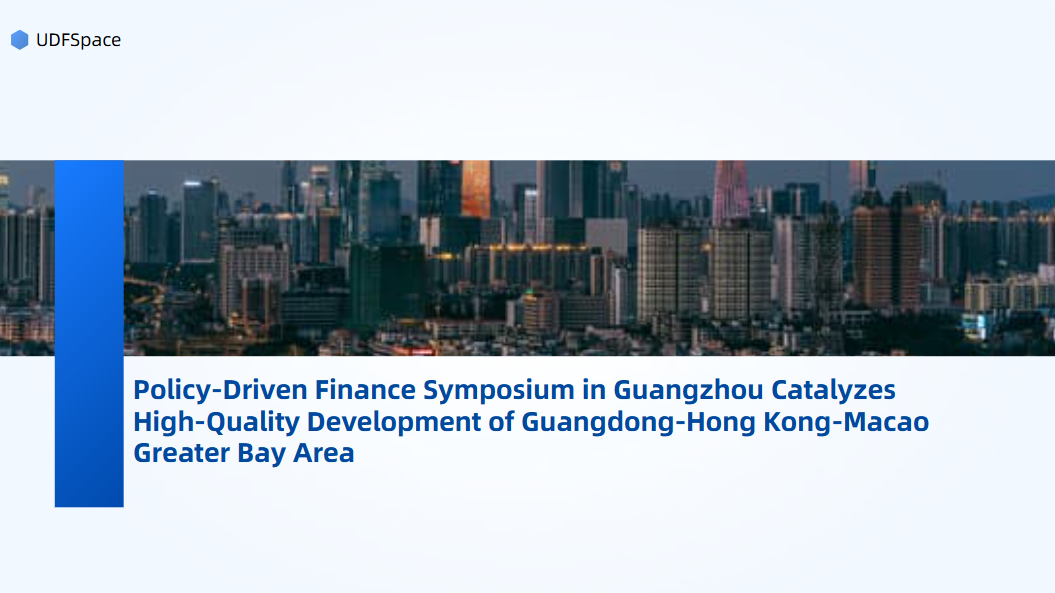China, GCC countries to bolster biz relations
China and the Gulf Cooperation Council countries will further deepen their partnership by leveraging their respective strengths and capitalizing on emerging opportunities in order to foster long-term collaboration and mutual benefit, officials and experts said on Thursday.
Efforts to forge closer ties between China-proposed Belt and Road Initiative with the development strategies of GCC member states will push ahead toward greater regional connectivity and shared growth, they said at the two-day China-GCC Countries Forum on Industrial and Investment Cooperation in Xiamen, Fujian province.
The strong economic complementarity between China and GCC countries will further solidify their natural partnership, said Zhao Chenxin, deputy head of the National Development and Reform Commission.
With the BRI serving as a key framework, China aims to align policies and plans with GCC nations, paving the way for deeper cooperation and shared development, Zhao said, adding that steps will be taken to facilitate the flow of capital, technology and personnel between the two sides.
As predominantly oil and gas-producing nations, GCC member states have introduced a range of initiatives aimed at nurturing new growth sectors, including manufacturing and green energy, presenting broader prospects for China-GCC economic cooperation, experts said.
The GCC, which has its headquarters in Riyadh, Saudi Arabia, is a political and economic union of six Persian Gulf-fronting Arab states — Bahrain, Kuwait, Oman, Qatar, Saudi Arabia and the United Arab Emirates.
In the development vision of GCC countries, revitalizing the manufacturing sector has emerged as a key focus area to drive economic growth. By achieving industrial upgrade, these nations aim to meet local demand while diversifying their export structures, said Wang Guangda, secretary-general of the China-Arab Research Center on Reform and Development.
China's advanced manufacturing technologies, expertise and experience can greatly contribute to the establishment of a robust and sustainable manufacturing ecosystem in the region, and enhance their overall economic competitiveness, Wang added.
According to a study by the World Governments Summit in partnership with Strategy & Middle East released in February, GCC countries could accelerate the region's economic growth by adding more than $2.5 trillion to GDP over the next decade through productivity performance enhancement.
Moreover, GCC countries are ramping up their efforts to expedite the implementation of green energy transition, and China's manufacturing capabilities and cost-effective renewable energy technologies can contribute to Gulf countries' efforts to establish a robust green energy sector, Wang said.
Efforts should be made to take advantage of the availability of raw materials of aluminum and plastic in GCC countries — and technology and supply chains in China — and to establish joint factories to manufacture electric vehicles, said Basel Shadid, investment specialist of Gulf Organization for Industrial Consulting.
Cooperation in areas such as renewable energy, technology and infrastructure can bring about transformative changes that extend beyond the Gulf region to the entire world, said UAE Vice-President Sheikh Mansour bin Zayed Al Nahyan.






















































First, please LoginComment After ~